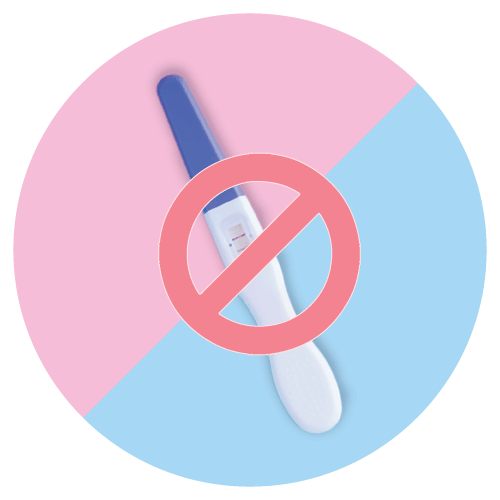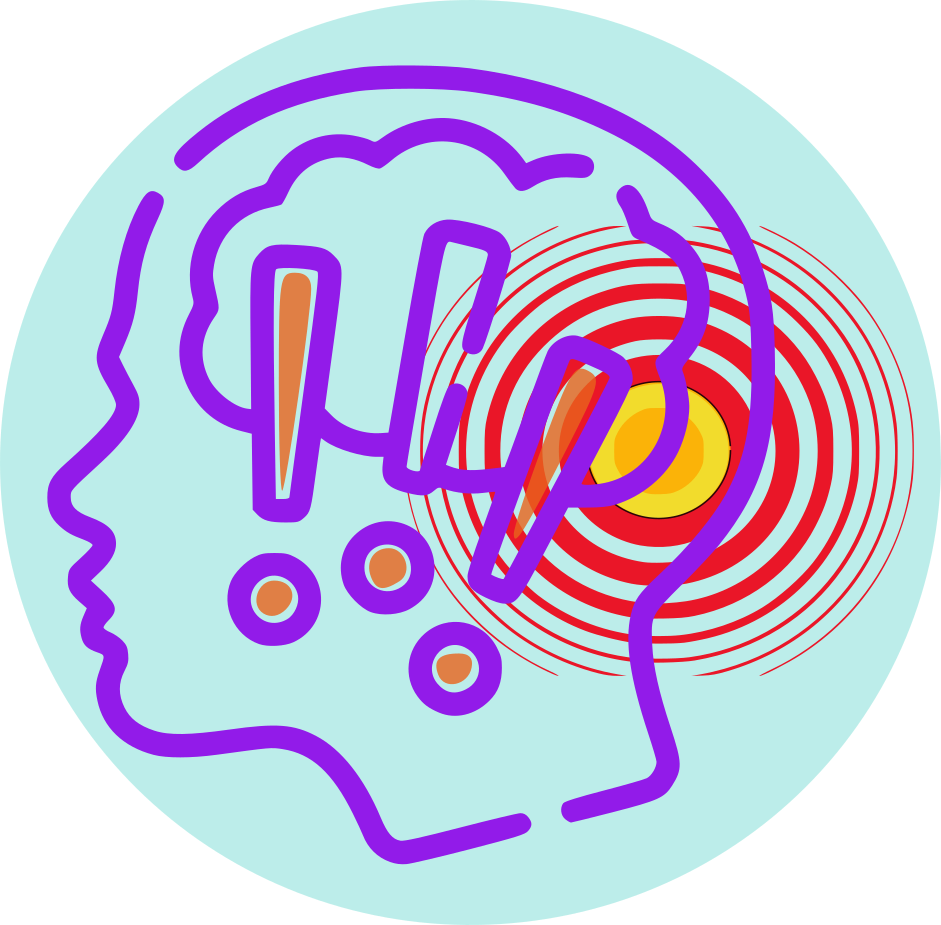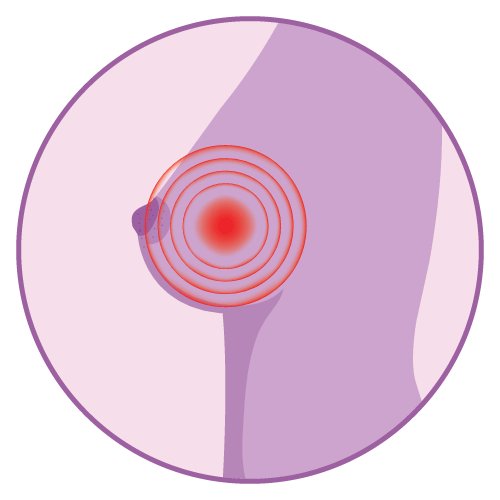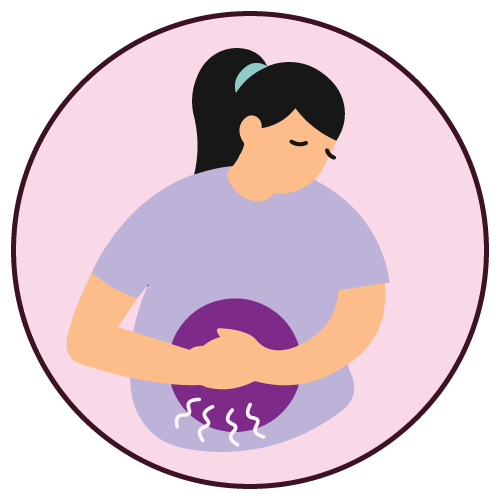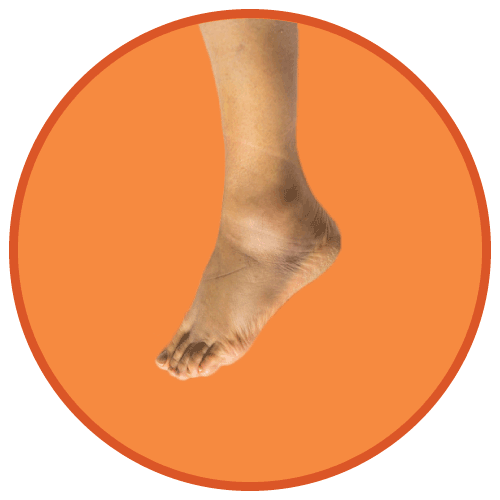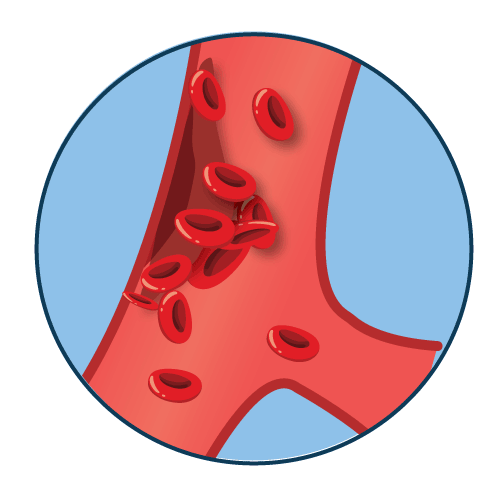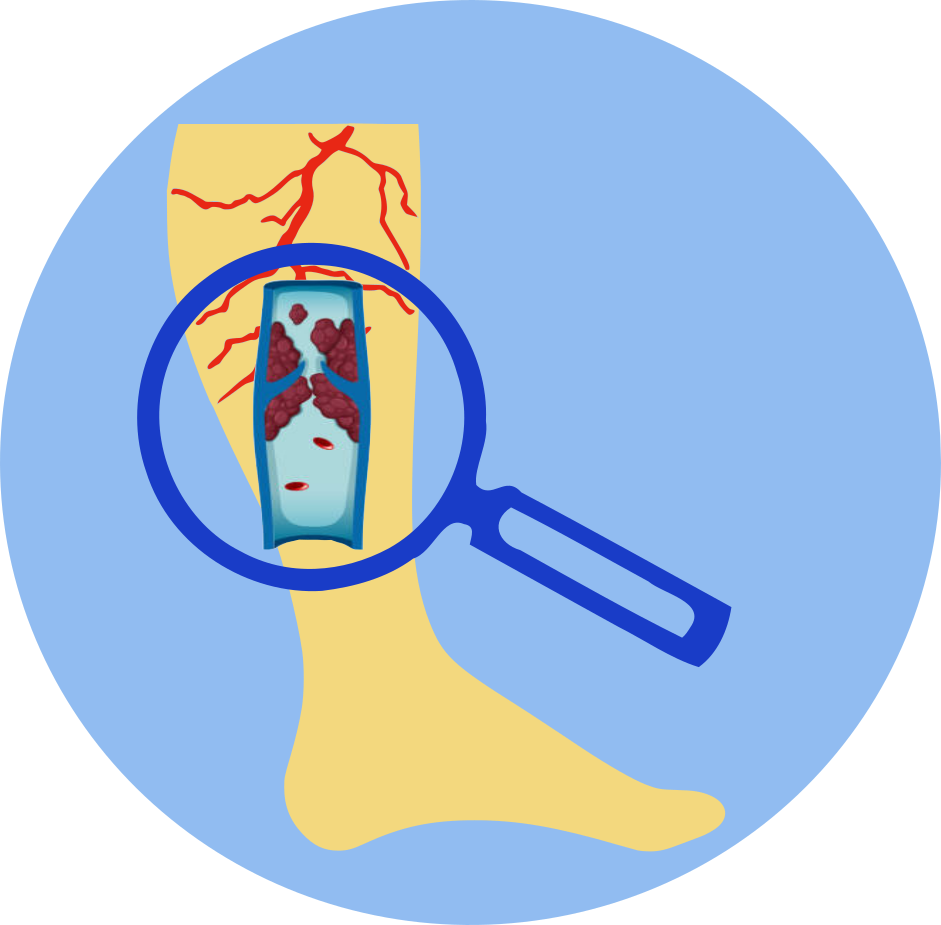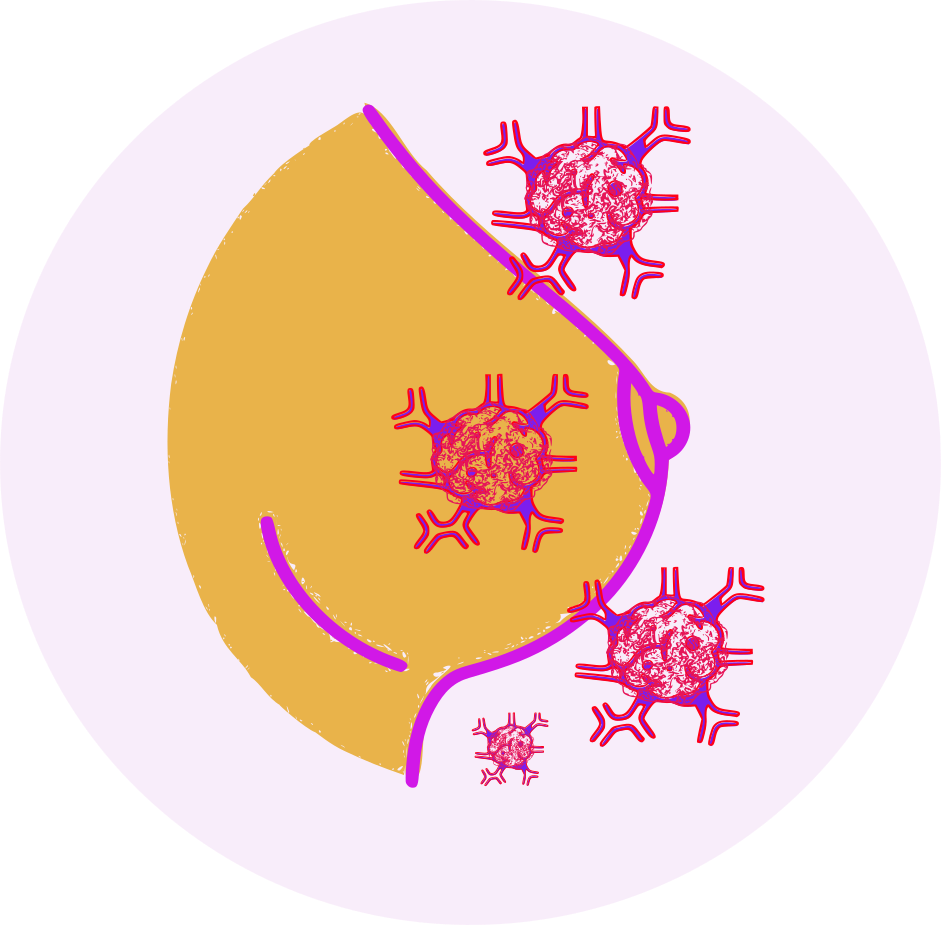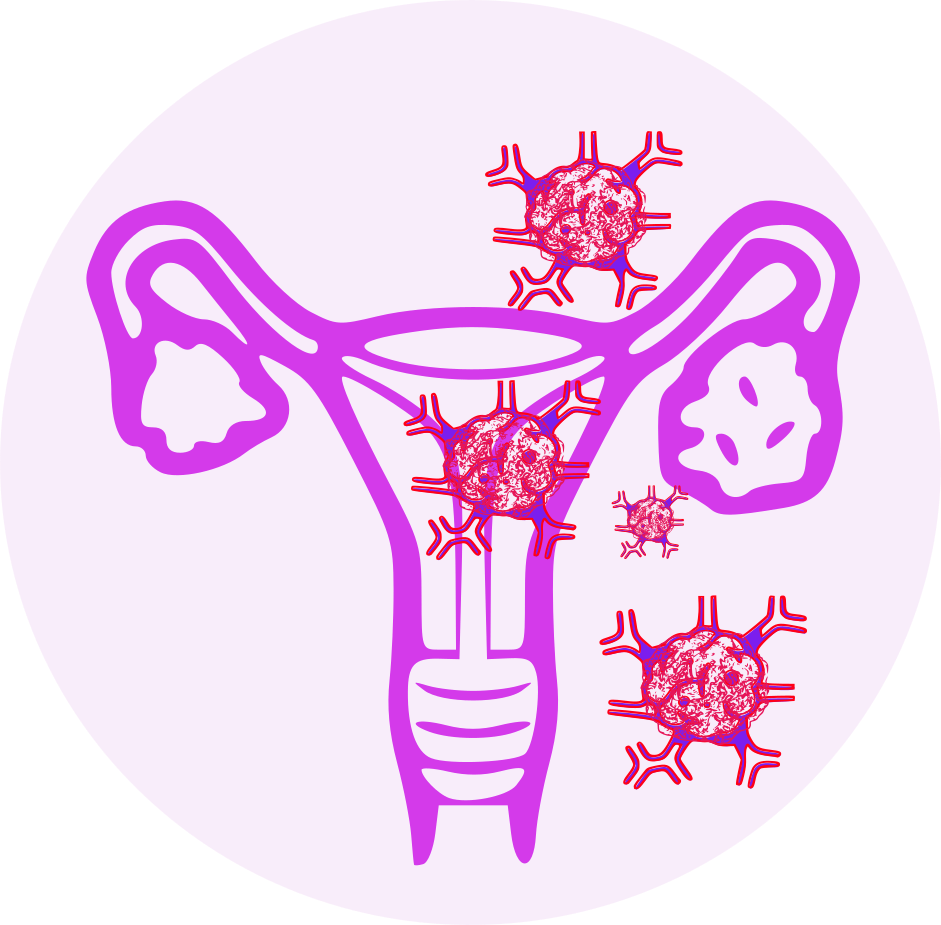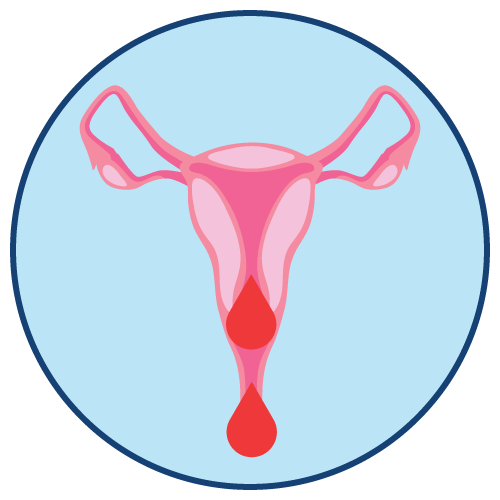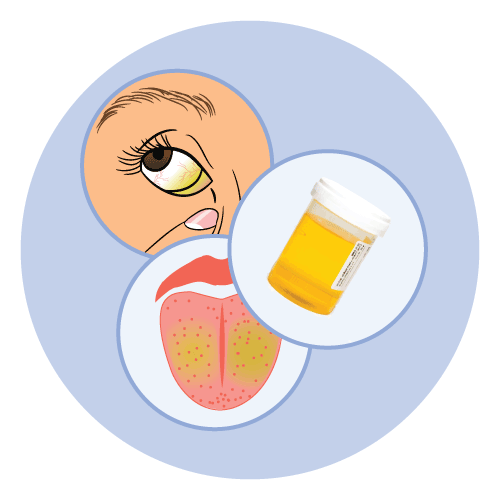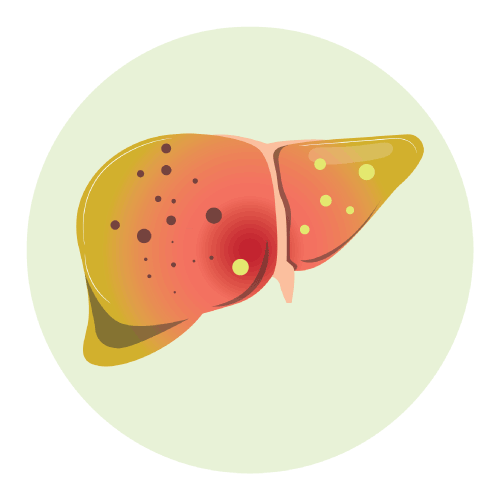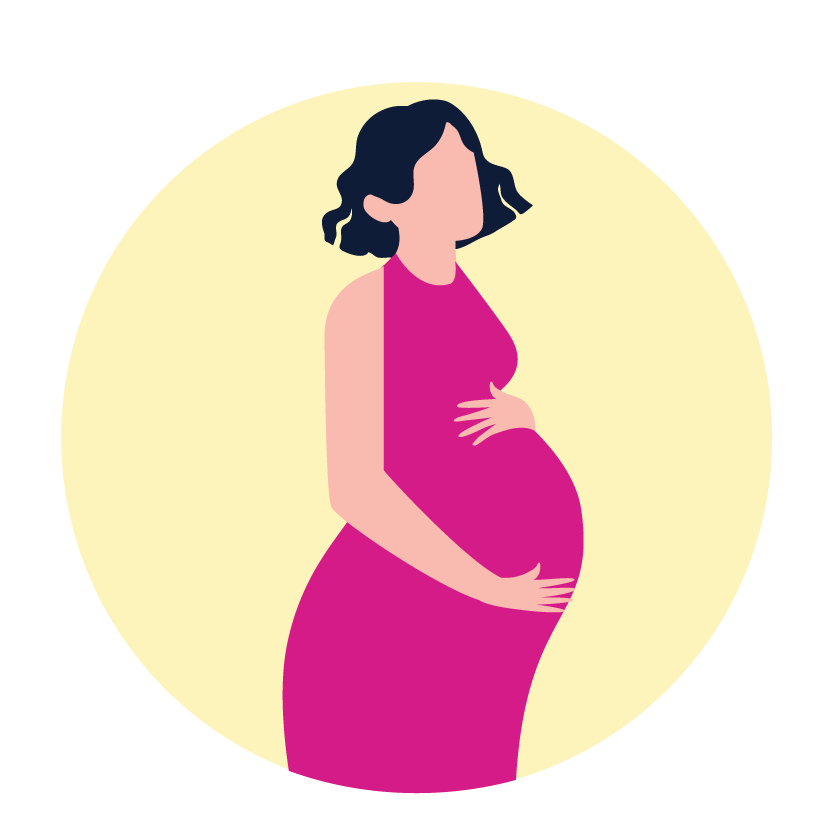| Name | Desogestrel + Ethinylestradiol |
| Classes |
Hormonal Agent Sex Hormone Steroid Contraceptive |
| Diseases |
Gyeconological Disorder Prevention of Pregnancy |
Desogestrel + Ethinylestradiol
Desogestrel + Ethinylestradiol is a combined hormonal contraceptive. It contains two active ingredients, desogestrel and ethinylestradiol, which work together to prevent pregnancy by inhibiting ovulation, thickening cervical mucus, and altering the lining of the uterus.
Desogestrel + Ethinylestradiol is indicated for use as an oral contraceptive to prevent pregnancy in women of reproductive age.
The recommended dosage is one tablet taken daily at the same time for 21 days, followed by a 7-day pill-free period, during which menstruation occurs. The tablets should be taken in the order indicated on the blister pack. A new pack should be started on the 8th day.
The following adverse reactions have been reported with the use of Desogestrel + Ethinylestradiol:
- Nausea
- Headache
- Breast tenderness
- Irregular vaginal bleeding or spotting
- Weight changes
- Mood changes
- Decreased libido
- Vaginal discharge
- Skin rash or hives
- Fluid retention/ edema
- High blood pressure
- Blood clots
- Desogestrel + Ethinylestradiol should not be used by women who are pregnant or breastfeeding.
- Smoking increases the risk of serious cardiovascular adverse events associated with hormonal contraceptive use.
- Women with a history of blood clots or stroke, heart disease, liver disease, breast cancer, or high blood pressure should not use desogestrel + ethinylestradiol.
- The medication may interact with other medications, including certain antibiotics, anticonvulsants, and HIV medications.
- The medication may reduce the effectiveness of certain medications, including anticoagulants and some seizure medications.
- Women should be advised to use a backup method of contraception if they miss a dose of desogestrel + ethinylestradiol or experience vomiting or diarrhea.
- Women should be advised to contact their healthcare provider if they experience severe abdominal pain, chest pain, shortness of breath, severe headache, or vision changes.
Contraindication
Contraindicated in patients hypersensitive to any component of the formulation.
None known.
Oral contraceptives should not be used in women who currently have the following conditions:
- Thrombophlebitis or thromboembolic disorders
- A past history of deep vein thrombophlebitis or thromboembolic disorders
- Cerebral vascular or coronary artery disease
- Known or suspected carcinoma of the breast
- Carcinoma of the endometrium or other known or suspected estrogen-dependent neoplasia
- Undiagnosed abnormal genital bleeding
- Cholestatic jaundice of pregnancy or jaundice with prior pill use
- Hepatic adenomas or carcinomas
- Known or suspected pregnancy
 Bangla
Bangla English
English